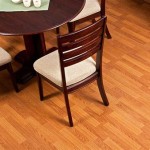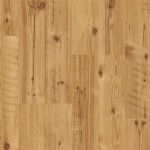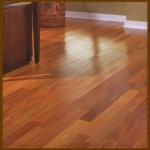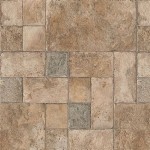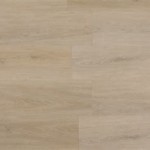Vinyl and Lino Flooring: Unveiling the Differences
Vinyl and linoleum (lino) are two popular flooring options that have gained significant popularity in residential and commercial spaces. While they share some similarities, there are fundamental differences between these two flooring materials that influence their appearance, durability, and maintenance requirements.Composition and Durability
Vinyl flooring is made from synthetic materials, primarily polyvinyl chloride (PVC). It is available in various styles, including solid vinyl, luxury vinyl tiles (LVT), and vinyl planks. Vinyl flooring is known for its durability, water resistance, and resistance to scratches and dents.
On the other hand, linoleum is made from natural materials, such as linseed oil, cork dust, and pine rosins. It is an environmentally friendly flooring option and is often considered more sustainable compared to vinyl. Linoleum is also durable, but it is not as water-resistant as vinyl and can be susceptible to scratches and dents.
Appearance and Texture
Vinyl flooring offers a wide range of designs, replicating the look of natural materials such as wood, stone, and tile. It is available in a variety of textures, from smooth to embossed, providing flexibility in design options.
Linoleum, on the other hand, has a more limited range of designs and textures. It typically comes in solid colors or patterns and has a smooth, matte finish. Linoleum can be polished to enhance its shine and durability.
Installation and Maintenance
Vinyl flooring is relatively easy to install, and it can be installed directly over existing flooring in many cases. It requires minimal maintenance and can be cleaned with a damp mop or vacuum. However, heavy furniture or sharp objects can potentially damage the surface.
Linoleum flooring requires professional installation and is typically glued to the subfloor. It is more difficult to clean than vinyl, as it requires regular waxing and polishing to maintain its finish. Linoleum is also more susceptible to damage from heavy objects and spills.
Cost and Environmental Considerations
Vinyl flooring is generally more affordable than linoleum. It is a cost-effective option for areas with high traffic or where water resistance is a priority. However, it is not as environmentally friendly as linoleum due to its synthetic materials.
Linoleum is a more expensive flooring option but is also more sustainable. It is biodegradable and does not release harmful VOCs (volatile organic compounds) into the air. Linoleum is an excellent choice for individuals who prioritize environmental concerns.
Conclusion
Vinyl and lino flooring offer distinct advantages and disadvantages. Vinyl flooring is durable, water-resistant, and affordable, while linoleum is more environmentally friendly, sustainable, and scratch-resistant. The specific requirements and preferences of each individual should guide the selection between these two flooring options to ensure a satisfactory result.

What Is The Difference Between Vinyl And Linoleum Flooring Yorkshore S Marketing

Linoleum Vs Vinyl Flooring Which Is Better

Vinyls Vs Linoleum Flooring Major Differences Pros Cons And Costs Forbes Home

Vinyl Vs Laminate Linoleum Which Is The Best Flooring Wood And Beyond Blog

What S The Difference Linoleum Vs Vinyl Fine Homebuilding

Linoleum Vs Vinyl Laminate Pros And Cons Of Each Flooring

What S The Difference Between Vinyl Linoleum Flooring Floor Coverings International

Linoleum Vs Vinyl The Environmentally Friendly Flooring Battle Pro

Vinyl Vs Laminate Flooring What S The Difference

The Difference Between Linoleum And Vinyl Flooring Hq Longwood Fl
Related Posts

